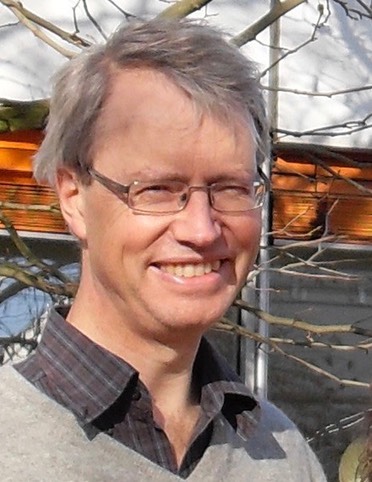John McCaskill was born in Sydney Australia, studied Chemistry, Physics and Mathematics at the Universities of Sydney and Oxford and is now head of the BioMIP research group at Ruhr-Universität Bochum in Germany. His current work is centred on the interplay of self-organization and evolution in life-like chemical information systems that integrate chemical construction and information processing.
After a training in chemical kinetics and non-equilibrium quantum statistical mechanics, his early work developed the statistical mechanical basis of molecular evolution, together with Nobel prize laureate Manfred Eigen. McCaskill introduced the laboratory study of spatially resolved molecular evolution. He created an ensemble approach to RNA folding and self-assembly, now in wide use, and the first reconfigurable computing hardware to simulate long-term chemical evolution. He and his colleagues built the first microfluidic systems for analysing spatial biomolecular evolution and the first evolvable in vitro molecular ecosystems. He then designed and implemented an optically programmable DNA computer and electronically programmable biomolecular processor using microsystem technology. This has seeded international initiatives to investigate electronically evolvable artificial chemical cells.
His recent work, bridging the gap between electronically programmed micro and nanorobotics and chemical systems, includes the development of 100µm diameter electrochemically active programmable particles called lablets and paths to continue down to the scale of cells. In 2018 he took a major step towards medical applications, preparing a scientific and technical roadmap for Nanorobotic Surgery for the University of Sydney, Australia.
For the past 25 years McCaskill has coordinated a stream of national and international multidisciplinary research projects. McCaskill was a founding director of the European Centre for Living Technology in Venice. He has produced over 100 scientific publications.
